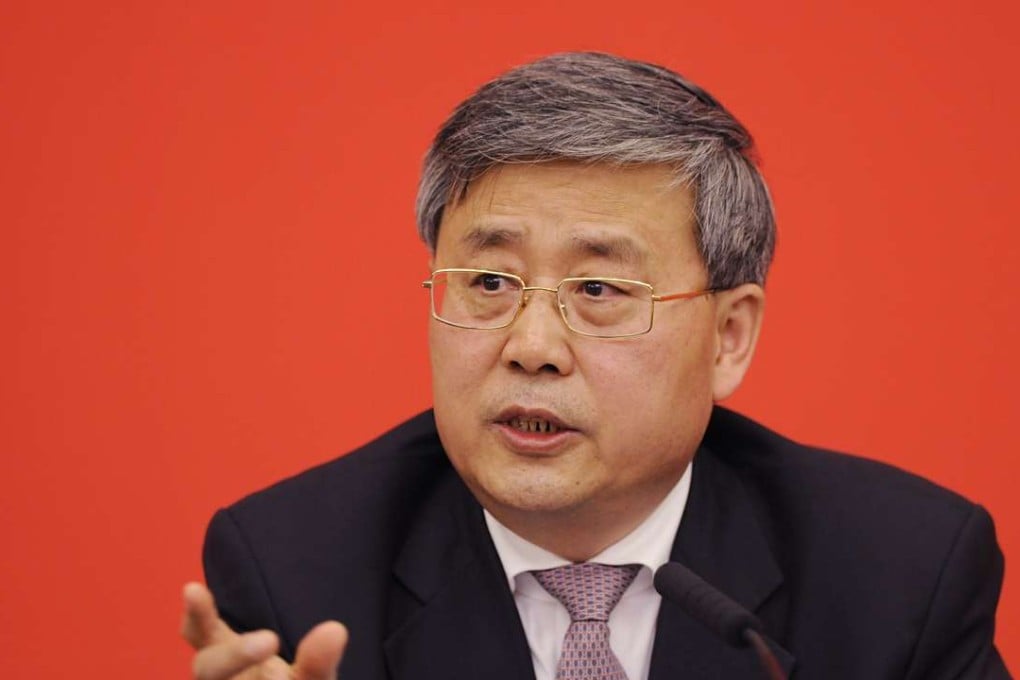The return of the change agent: meet the man set to shake up China’s banking industry
Guo Shuqing taking up role at the China Banking Regulatory Commission, media reports say, amid overhaul of the government’s oversight of the financial sector

One of China’s biggest official supporters of a free market has returned to Beijing to head the country’s banking industry watchdog to oversee a huge industry plagued by rising bad loans and thinning profits.
Guo Shuqing’s comeback – he headed the stock market regulator before being posted to the coastal province of Shandong – has triggered speculation that he might have been promised a higher role in a future reshuffle in the financial regulatory system.
Guo, 60, has been governor of Shandong for the past four years and was at the China Banking Regulatory Commission on Friday to take up his new role, state media reported.
The regulator’s present head, Shang Fulin, 66, will take up a post at the country’s main political advisory body, according to Caixin.
Guo’s job will give him a central role in implementing the government’s plans to shake up the financial industry.